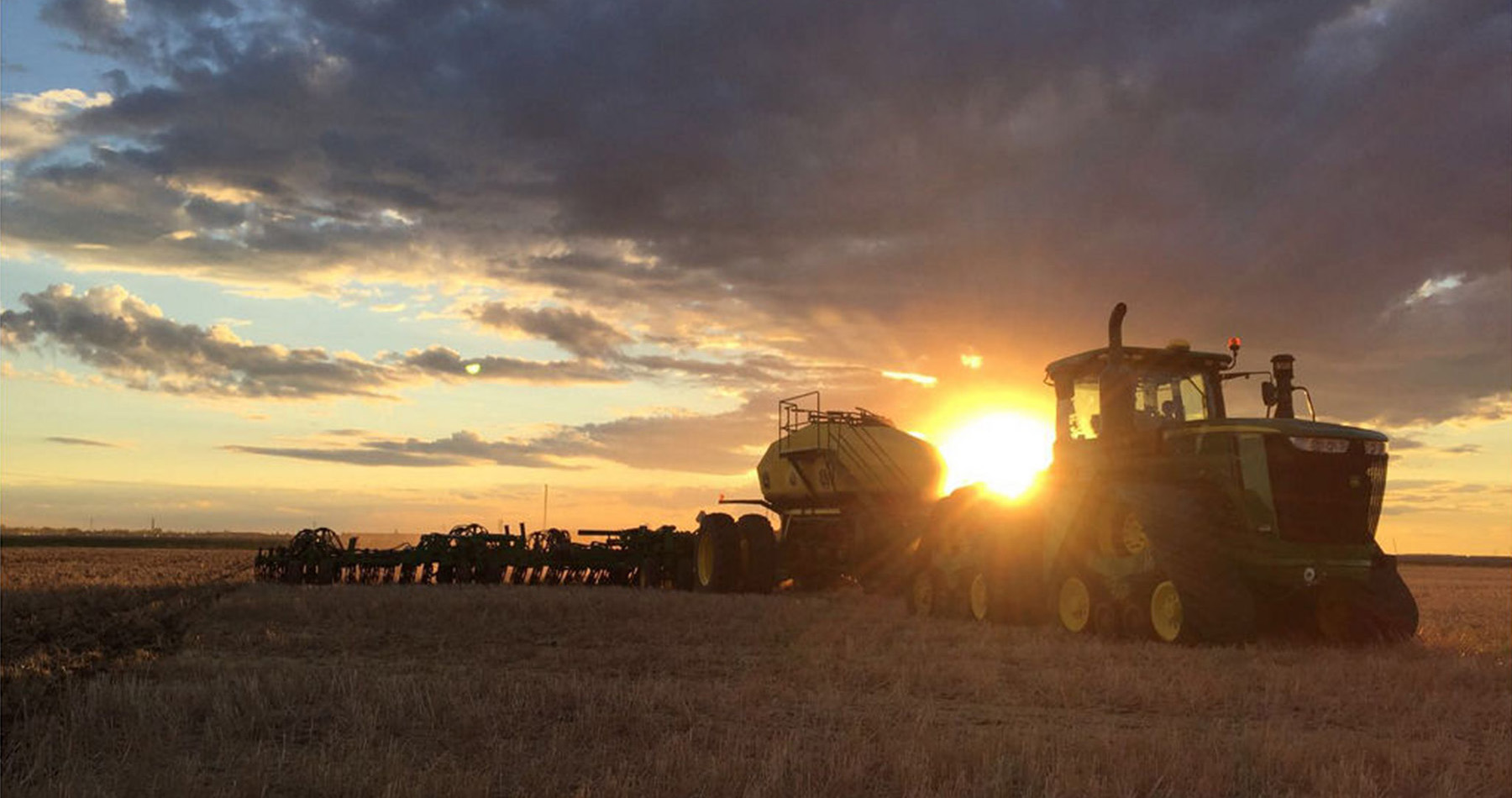Managing weed resistance is nothing new for Canadian farmers. It’s a problem that looks at what’s in the field today and stays on top of new issues as they appear.
“As an industry – we know that resistant weeds are a concern and will be a concern for as long as we can look ahead,” says Ian Scholer, product manager, cereal and canola selective herbicides, North America with Bayer. “When we are developing new technology our mindset has to be on staying on top of weeds of concern, with the expectation to manage, rather than conquer resistance into the future.”
Bayer is combining their existing knowledge of agricultural landscapes with the latest in technology to focus on quickly responding to evolving pest pressures.
Over the past 20 years, farming practices have changed significantly and weeds of concern were different than they are now. Yield loss without weed control can be as high as 30 per cent. Without a proper integrated weed management plan or innovation to control resistant weeds, farmers will start to see reductions in yield as resistance develops.
“As farmers, how we address weeds has changed,” says Chris Mansiere, senior research and development agronomist with Bayer. “We grow more under reduced tillage systems, we have better crop protection products and we have more awareness of the chemistry behind those products. It is our job to see the problem and use every tool we have to stop or slow down resistance.”
UNLOCKING NEW TOOLS FOR CROP PROTECTION
Bayer has recently developed a new approach to product development called CropKey. It is a screening tool that uses artificial intelligence at the early stages of product development to look for potential modes of action and weed out ones that have no practical chance at future use. The goal is to save time and money, allowing products to move more quickly into the development stages.
“CropKey is a way to be more efficient in the way we develop new technologies,” Scholer says. “We can’t shorten the regulatory processes, timelines or other external factors. But we can do more in the early stages to make sure we aren’t spending time on things that aren’t going to be a fit going forward.”
CropKey brings ideas from conception to reality in record time. Bayer is not only screening for resistance breaking molecules, they are also looking for a whole package that meets end user requirements.
Through CropKey, Bayer has 30 potential new molecule targets under investigation and more than 10 new modes of action in the early research stages. New products are currently in the late development stage, with a new mode of action expected for wild oats within the next three to five years.
100-YEAR LENS
New crop protection products are one piece of the farming pie. When combined with delivery tools such as seed and trait technology, biological products, field insights, precision farming tools, regenerative agriculture and carbon sequestration, Bayer is using everything at their disposal to manage all potential weed resistance threats.
Looking ahead 100 years, Mansiere sees the increased potential for new herbicide development.
“We can come up with a lot of solutions in that time, but we need to be always looking forward,” he says. “When it comes to resistance, we are always looking at different options. We are looking at reformulations, ways to improve efficacy and ways to apply things differently to get a better result or to delay resistance.”
Varro FX, launched by Bayer for spring 2024, is an example of innovation of an existing technology, reformulated to adapt for a changing landscape. Varro FX is a Group 2 and Group 4 emulsifiable concentrate formulation for advanced control of tough weeds such as wild oats. It gives farmers freedom to easily and effectively tackle tough-to-control weeds, including Group 1 resistant weeds. More information on Varro FX is available at VarroFX.ca or through your local Bayer representative.
Scholer adds with CropKey’s targeted approach they expect to be able to bring more innovation in the next 100 years than they could with a traditional model in the same time frame. “That may also mean looking at equipment and changing how we apply our herbicides to make sure we are being efficient and not allowing that selection pressure to move forward,” he says. “If we see an issue such as resistance developing in existing or more weed species, then our goal is to be able to build a solution to that problem.”
Watch the first installment of the WP100 Research webinar series, which was broadcast live on March 21st, 2024, The Western Producer’s Robin Booker chats with Greg Dunlop of iFusion on the results of the study, and a panel of crop protection specialists from Bayer CropScience weigh in on recommended strategies to prevent weed resistance in the future.











